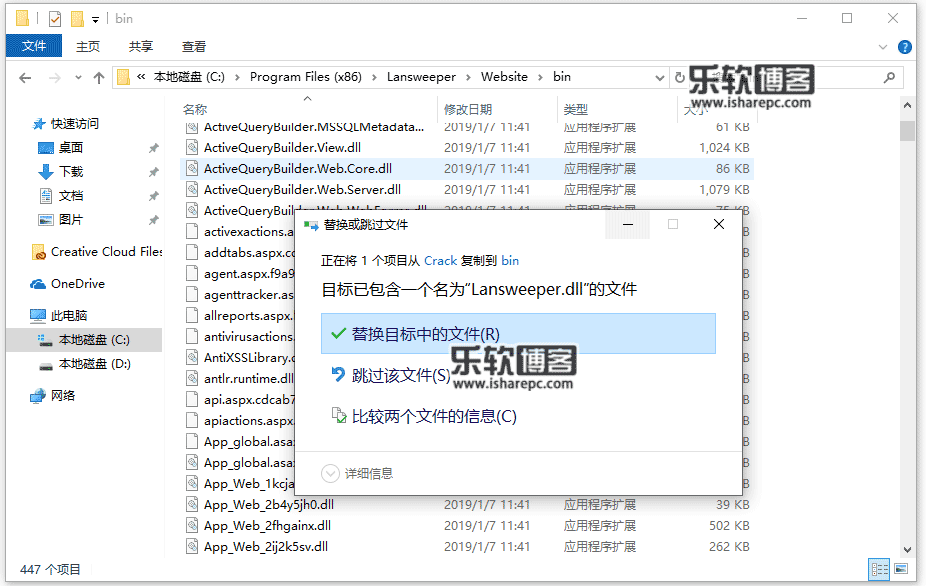
This leads to a bogus update page which prompts to download an update tool which is a personal data stealing malware.įinally, updates to Windows 11 – even if the subject interests cybercriminals as we have just seen – seem to have already reached a plateau. Then, other hackers launched a fake Windows update campaign on the Internet and on messaging systems. In addition to new flaws and publicized attacks, a study comes to sow confusion on the adoption of Windows 11 while Microsoft affirmed in March that Windows 11 adoption is currently twice as fast as Windows 10 in its day ».įirst, the group of state-owned hackers Hafnium – which had already violently targeted Exchange servers last year, paralyzing the messaging systems of large organizations – attacks this time with a new ransomware called Tarrask which knows how to escape Windows defenses by exploiting a Zero-Day flaw in the Windows Task Scheduler. Something to shake the web… But this is not necessarily a reflection of reality.ĭifficult week for Windows and for Microsoft.



A LanSweeper study suggests Windows 11 rollout is stalling and may not even have surpassed Windows XP’s residual market share six months after its release.


 0 kommentar(er)
0 kommentar(er)
